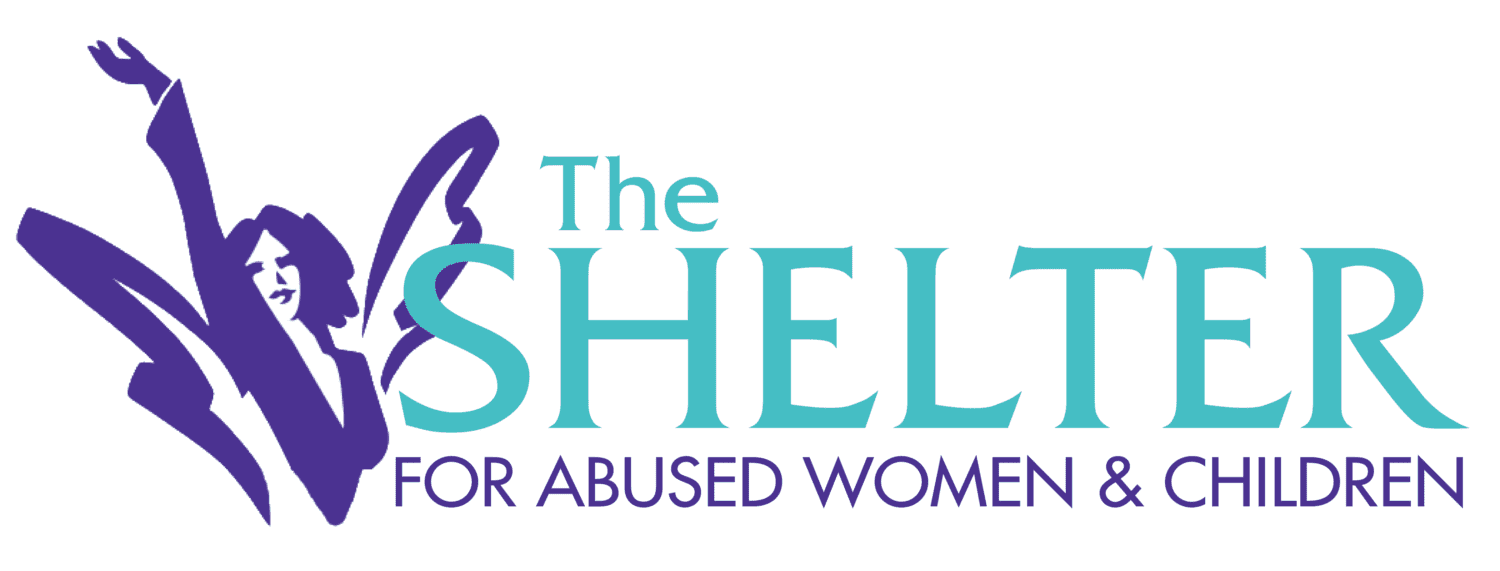Responding to R. Kelly – e’Bella commentary by Linda Oberhaus
Responding to R. Kelly – e’Bella Magazine Guest commentary
Linda Oberhaus, CEO The Shelter for Abused Women & Children
CLICK HERE TO VIEW PRINT STORY
Lifetime network’s six-part docuseries “Surviving R. Kelly” gives the world an in-depth look at the disturbing lifestyle of a celebrity abuser.
Abetted by an industry and culture that prospers on the objectification of women, Kelly’s victims share their horror stories of how he sexually, psychologically, and physically abused them over the course of two decades.
The series includes interviews with the victims as well as Kelly’s colleagues, associates (including singer John Legend), family members, music industry insiders, and trauma experts, in a narration that follows Kelly from his childhood into the present. It isn’t easy to watch and it includes a content warning for young viewers.
The heartbreaking accounts shared by Kelly’s victims, referred to as survivors, are familiar to those of us who work at The Shelter. All were very young girls, most of whom were underage when they first met Kelly. Many were approached at a high school or shopping mall. Kelly would choose his victims, telling staff to approach the girls and tell them that he would like to meet them. Lured by the glamor and awe of a famous celebrity who promised them fame and fortune, they were easy prey for Kelly’s lust, power and control. Once isolated from friends and family, the girls were sexually assaulted and told to call him “Daddy.” He controlled when they could speak, when they could eat, even when they could go to the bathroom. They were sex slaves caught up in a web of fear and shame. Some got out, others are still within his control even today. The pain and suffering Kelly has perpetrated against these girls and their families is immeasurable.
Through it all, Kelly’s crimes were well known to those around him. Record producers admit they suspected the abuse but did nothing; employees helped him “find girls” because “it was their job”; parents let their daughters “work” with Kelly because they thought he would help their careers. Despite four lawsuits regarding criminal sexual activity, an arrest for 21 counts of child pornography and a notorious record of sexual, emotional and physical violence, mainstream America kept on listening to R. Kelly.
Whether you watch all six episodes or just one, you will likely ask yourself – how can this happen in today’s society? The answer is simply because we allow it. For too long, we have lived in a “rape culture” where sexual violence is normalized and excused in the media and pop culture. This message is perpetrated in the use of misogynistic language, the objectification of women’s bodies and the glamorization of sexual violence, creating a society that disregards women’s rights and safety.
If you were to ask a room of co-eds, “What do you do to protect yourself from rape?” Girls would share everything from devices such as pepper spray, alarms and air horns to personal safety policies like don’t walk alone at night, watch your drink at a party, park close to the building, and the list goes on and on. From the boys there would be crickets. For the most part, they are fortunate enough to not have to think about such things.
The justice system has also been at fault, oftentimes minimizing the crimes of male perpetrators and sometimes even blaming the victims themselves. A former Stanford swimmer served only three months of a six-month sentence after he was caught sexually assaulting an unconscious woman behind the dumpster of a frat house. In his sentencing, the judge stated he did not hand down a longer sentence because it would have “a severe impact” on the convicted rapist. The irony is thick.
Initiatives such as the “MeToo” movement have made incredible progress in bringing the injustice of rape culture to public light and empowering victims to speak up and hold perpetrators accountable. Still, the solution to changing patterns of gender violence is not the responsibility of women, but of men themselves. Silence, as too long demonstrated by society, is a form of consent. We need more men willing to step forward to end violence and abuse.
To this end, we commend Collier County Commissioners for recognizing March 12 as Gentle’men Against Domestic Violence Day. On this day, we call on men to stand as equal partners with women to end domestic violence and human trafficking through the 250 Men & More campaign. As a mother, wife, or sister, we ask you to encourage the men in your life to publicly show their support by taking part in this crusade for social change. For more information go to naplesshelter.org/250men




